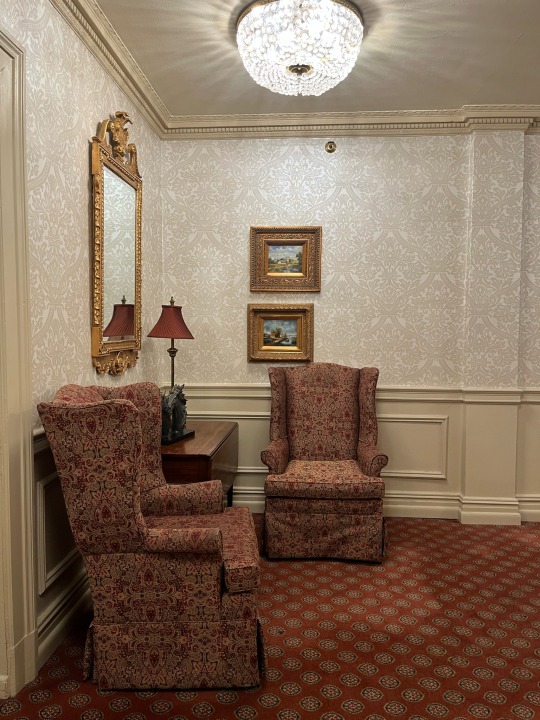#English Renaissance
Text

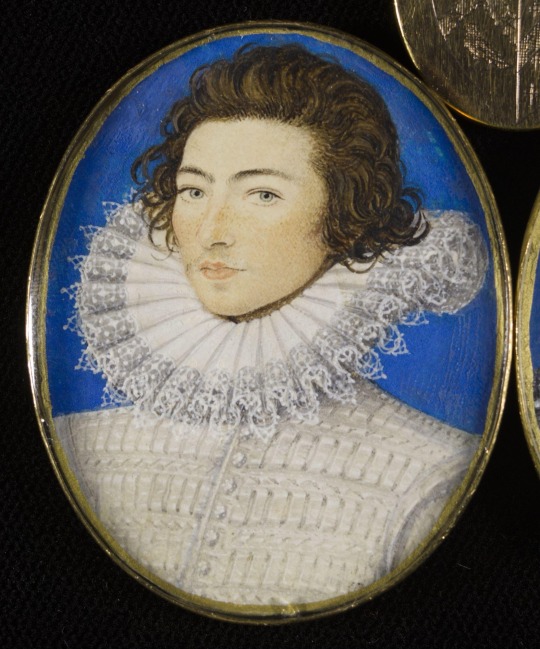
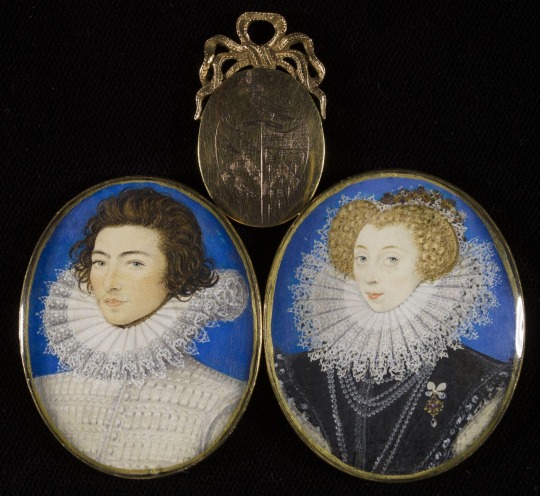
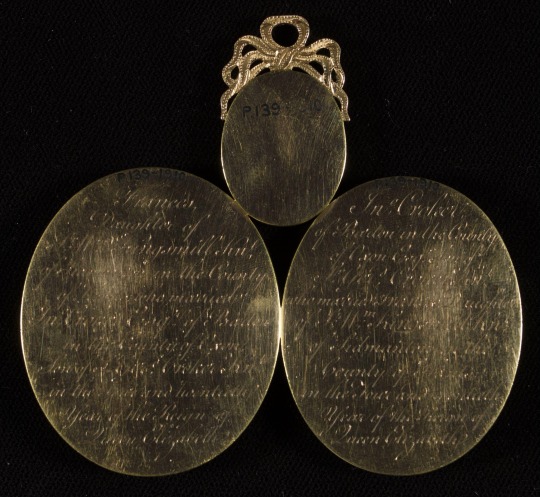
Miniature wedding portraits of Frances and John Croker of Barton by Nicolas Hilliard, circa 1581.
#freckles#early modern#early modern era#early modern period#english renaissance#english#renaissance#cool#portraits#portrait#painting#paintings#wedding#romance#love#couple#marriage#romantic#pretty#handsome#aesthetic#academia#history#fashion history#fashion#style#interesting#nicolas hilliard#elizabethan#tudor
216 notes
·
View notes
Text
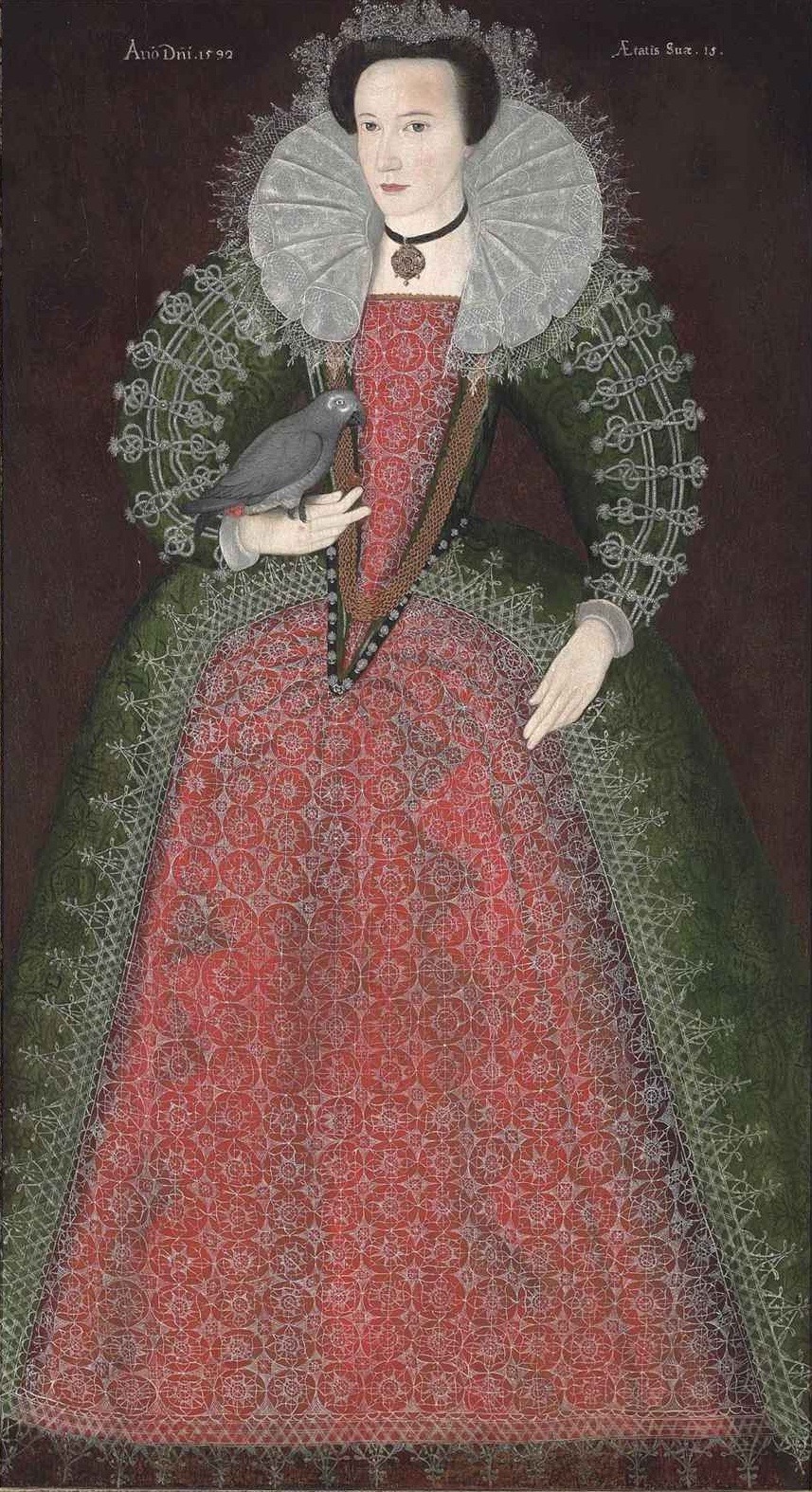
Portrait of a Lady with a Parrot, unknown artist (English School), 1592
#art#art history#English School#portrait#portrait painting#Tudor England#Elizabethan England#English Renaissance#English art#16th century art#oil on panel
151 notes
·
View notes
Text

Numbercels be like:
99 = 66 !!! :O
158 notes
·
View notes
Text

Much Ado About Nothing, II.i
#much ado about nothing#i am finally reading this play#the 29th shakespeare play ive read and im just finally getting to this extremely popular comedy#u can question my choices if u want im ok w that#shakespeare#beatrice#elizabethan literature#english renaissance#comedy#also i bought another edition of the shakespeare simply bc. i wanted tah.#this one has different supplementary material and it's not as chunky and unwieldy as the riverside (even tho the riverside is my beloved)#it was only like 14 bucks or so where i bought it#shakespeare: 23 plays and the sonnets revised edition edited by thomas marc parrott#it sparked joy#it's also so beautiful and has so many plated illustrations of performances over the years#it makes me soooo happy i have no regrets#as im getting closer to finishing the plays i haven't yet read im realizing that im going to want to reread them all my life#like i just have an inexhaustible love of shakespeare. unfortunately#so rich in magic and wonder and meaning. he really is one of The Greats#i like a lot of old dead people who wrote poems very specific to their time and place#and shakespeare belongs very firmly to his own time and place but the complexity and richness of his work really is so eternal#his stories and characters are fundamentally human and i do think upon a proper acquaintance just abt anyone can find smth to love in them.#the praise of shakespeare is not hollow. he's Really That Good#ive read so much literature in my life from various times places and cultures. only a drop in the bucket are Really That Good
7 notes
·
View notes
Text


I miss studying abroad
#Hamlet#shakespeare#hamlet fanart#classic lit art#dark academia#dark academia art#english renaissance
54 notes
·
View notes
Text
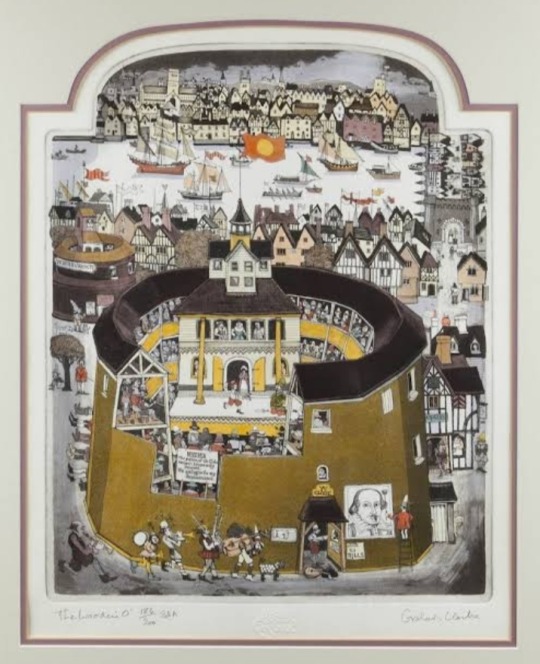
Shakespeare's Globe Theatre.
The story of Globe Theatre started with William Shakespeare's acting company, Lord Chamberlain's Men.
William Shakespeare (baptized 26 April 1564 – 23 April 1616) was a part-owner or sharer in the company, as well as an actor and resident playwright.
From its inception in 1594 AD, Lord Chamberlain's Men performed at Theatre, a playhouse located in Shoreditch.
However, by 1598, their patrons, including Earl of Southampton, had fallen out of favour with the Queen.
Theatre's landlord, Giles Alleyn, had intentions to cancel the company's lease and tear the building down.
While Alleyn did own the land, he did not own the materials with which the theatre had been built.
So, on 28 December 1598, after leasing a new site in Southwark, Cuthbert and Richard Burbage led the rest of the company of actors, sharers, and volunteers in taking the building down, timber by timber, loading it on to barges, and making their way across Thames.
Working together, the actors built the new theatre as quickly as they could.
The ground on the new site was marshy and prone to flooding, but foundations were built by digging trenches, filling them with limestone, constructing brick walls above stone, and then raising wooden beams on top of that.
A funnel caught rainwater and drained it into ditch surrounding the theatre and down into Thames.
The theatre was 30m in diameter and had 20 sides, giving it its perceived circular shape.
Structure was similar to that of their old theatre, as well as that of the neighbouring bear garden.
The rectangular stage, at 5ft high, projected halfway into the yard and circular galleries.
Pillars were painted to look like Italian marble, sky painted midnight blue, and images of gods overlooked balcony. It could hold up to 3,000 people.
By May 1599, the new theatre was ready to be opened.
Burbage named it Globe after the figure of Hercules carrying the globe on his back — for in like manner, the actors carried Globe's framework on their backs across Thames.
A flag of Hercules with globe was raised above theatre with Latin motto: 'totus mundus agit histrionem' ('all the world's a playhouse').
Shakespeare's plays that were performed there early on included:
Henry V, Julius Caesar, As You Like It, Hamlet, Measure for Measure, Othello, King Lear, Macbeth, and Antony and Cleopatra.
Here, the Lord Chamberlain's Men enjoyed much success and gained the patronage of King James I in 1603, subsequently becoming The King's Men.
During a fateful performance of Henry VIII on 29 June 1613, a cannon announcing the unexpected arrival of the king at the end of Act 1 set fire to the thatched roof, and within an hour, the Globe burned to ground.
Everyone escaped safely, save for one man whose breeches reportedly caught fire. Two different songs had been written about it by the next day.
Globe was rebuilt by February 1614. The company could then afford to decorate it extravagantly, and it had a tiled roof instead of thatched.
However, by this point, Shakespeare's influence had lessened. He was spending more and more time back in Stratford-upon-Avon.
Disaster struck again in 1642 when the Parliament ordered the closure of London theatres.
In 1644-45, Globe was destroyed and the land sold for building.
In 1970, American actor and director, Samuel Wanamaker CBE (born Wattenmacker; 14 June 1919 – 18 December 1993), set up the Shakespeare's Globe Trust to pursue his dream of reconstructing the original Globe Theatre.
For what would be almost the next 30 years, he and his team worked and fought to obtain the permissions, funds, and research necessary for a project of this scope.
Historians, scholars and architects all worked together in their efforts to build the Globe in the same way Lord Chamberlain's Men did, down to the green oak pillars and thatched roof.
Their work and dreams were fulfilled when the new Globe Theatre opened in 1997, one street away from where original stood.
Globe stands today as a living monument to Shakespeare, greatest English playwright, home to productions of his plays and many other new ones every season.
#William Shakespeare#Globe Theatre#Elizabethan Age#Jacobean Age#British theatre#English Renaissance#Early Modern Period#actor#playwright#writer#Lord Chamberlain's Men#Queen Elizabeth I#Giles Alleyn#1500s#16th century#King James I#The King's Men#1600s#17th century#Samuel Wanamaker#Shakespeare's Globe Trust#theatres#plays
6 notes
·
View notes
Text
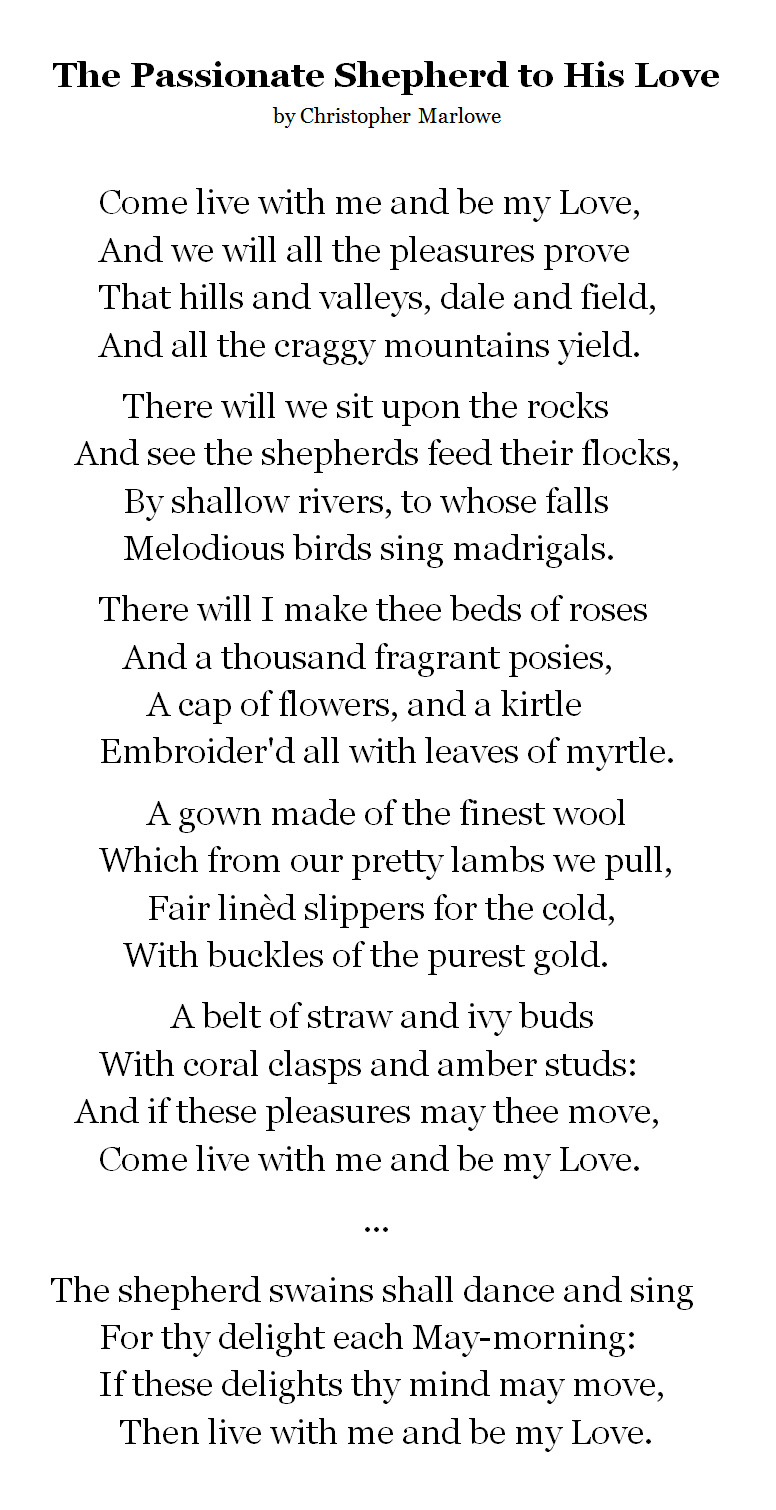
“The Passionate Shepherd to His Love”
Christopher Marlowe, 1599
Pastoral English Renaissance poem and my favorite of all time :]
Such a sweet message about love and what one would do for it
2 notes
·
View notes
Text
To be or not to be- William Shakespeare
original text:
To be, or not to be? That is the question—
Whether ’tis nobler in the mind to suffer
The slings and arrows of outrageous fortune,
Or to take arms against a sea of troubles,
And, by opposing, end them? To die, to sleep—
No more—and by a sleep to say we end
The heartache and the thousand natural shocks
That flesh is heir to—’tis a consummation
Devoutly to be wished! To die, to sleep.
To sleep, perchance to dream—ay, there’s the rub,
For in that sleep of death what dreams may come
When we have shuffled off this mortal coil,
Must give us pause. There’s the respect
That makes calamity of so long life.
For who would bear the whips and scorns of time,
Th’ oppressor’s wrong, the proud man’s contumely,
The pangs of despised love, the law’s delay,
The insolence of office, and the spurns
That patient merit of th’ unworthy takes,
When he himself might his quietus make
With a bare bodkin? Who would fardels bear,
To grunt and sweat under a weary life,
But that the dread of something after death,
The undiscovered country from whose bourn
No traveler returns, puzzles the will
And makes us rather bear those ills we have
Than fly to others that we know not of?
Thus conscience does make cowards of us all,
And thus the native hue of resolution
Is sicklied o’er with the pale cast of thought,
And enterprises of great pitch and moment
With this regard their currents turn awry,
And lose the name of action. —Soft you now,
The fair Ophelia! —Nymph, in thy orisons
Be all my sins remembered.
modern English translation:
To live, or to die? That is the question.
Is it nobler to suffer through all the terrible things
fate throws at you, or to fight off your troubles,
and, in doing so, end them completely?
To die, to sleep—because that’s all dying is—
and by a sleep I mean an end to all the heartache
and the thousand injuries that we are vulnerable to—
that’s an end to be wished for!
To die, to sleep. To sleep, perhaps to dream—yes,
but there’s there’s the catch. Because the kinds of
dreams that might come in that sleep of death—
after you have left behind your mortal body—
are something to make you anxious.
That’s the consideration that makes us suffer
the calamities of life for so long.
Because who would bear all the trials and tribulations of time—
the oppression of the powerful, the insults from arrogant men,
the pangs of unrequited love, the slowness of justice,
the disrespect of people in office,
and the general abuse of good people by bad—
when you could just settle all your debts
using nothing more than an unsheathed dagger?
Who would bear his burdens, and grunt
and sweat through a tiring life, if they weren’t frightened
of what might happen after death—
that undiscovered country from which no visitor returns,
which we wonder about and which makes us
prefer the troubles we know rather than fly off
to face the ones we don’t? Thus, the fear of
death makes us all cowards, and our natural
willingness to act is made weak by too much thinking.
Actions of great urgency and importance
get thrown off course because of this sort of thinking,
and they cease to be actions at all.
But wait, here is the beautiful Ophelia!
[To OPHELIA] Beauty, may you forgive all my sins in your prayers
the meaning in a nutshell:
The “To be or not to be” soliloquy appears in the third act of Hamlet. In this scene, Hamlet thinks about life, death and suicide, more specifically, he wonders whether it might be preferable to commit suicide to end one's suffering and to leave behind the pain and agony associated with living.
In the first line, he wonders whether “to be, or not to be”, but in reality he is wondering whether to live or die. Hamlet poses this as a question for all of humanity rather than for only himself. He begins by asking whether it is better to passively put up with life’s pains or commit suicide.
Hamlet initially argues that death would indeed be preferable: he compares the act of dying to a peaceful sleep. In fact, from his point of view, if death is but a sleep, and dying is just like falling asleep, then perhaps we will dream after death.
He thinks it is better to die because a man has to bear many miseries an injustices, such as the passage of time, abuse, discrimination, the outrage of the proud man, the pain of unreturned love, the inefficiency of the legal system, the arrogance of people in power and the mistreatment of evil people.
Hamlet views death and the afterlife as a peaceful liberation from the never-ending agony of our life, but, deep down, Hamlet does not believe in a true “afterlife”. After seeing the sins of man, he has a hard time believing that we deserve such a fate and seems to almost hope that all that awaits is peaceful nothingness.
However, he quickly changes his mind when he considers that nobody knows for sure what happens after death, or whether there is an afterlife and whether this afterlife might be even worse than life. This realization is the reason why Hamlet delays things.
In the end, the whole meaning is that humans are so fearful of what comes after death and the possibility that it might be more miserable than our life. If life means suffering, it is better to die, but it is not easy because conscience makes us cowards.
The function of the soliloquy is for the audience to develop a further understanding of a character’s thoughts and reflect about life and death. Hamlet appears darkfull, tormented and wants to analyze the complexity of life and death.
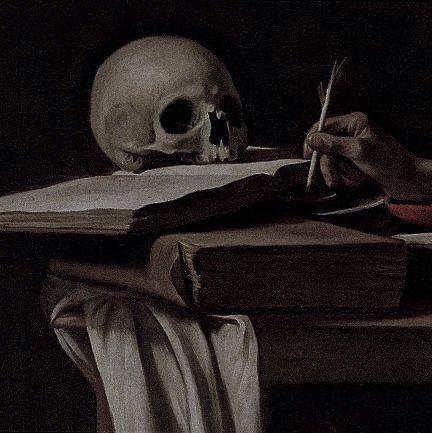
the 4 temperaments/humours:
The play can be read as a study of “melancholia”, a term used in the Renaissance to say a form of depression. This term was based on the theory of the 4 temperaments or humours.
For centuries, starting in ancient Greece, doctors believed that the body contained 4 fluids or “humours” and that good health and temperament depended on their balance. An imbalance of “black bile” was believed to cause sadness, in fact the term “melancholia” comes from “melaina kole”, which means black bile. There is also a long tradition of studies devoted to understanding the value of sadness: in The Anatomy of Melancholic, from 1621, Robert Burton analysed the causes and manifestations of sadness. He saw sadness, not only as an inevitable part of life, but an essential part of being human and he also believed that wise people feel more sorrow and that melancholy is necessary to achieve wisdom.

Hamlet:
Hamlet has to avenge the murder of his father, but he fails to keep his promises to him until the final act, but he does impulsively because of his anger.
Most critics have drawn the conclusion that is caused by Hamlet’s habit of delaying things. He says he is afflicted by a form of depression, which was called “melancholy” in Shakespeare’s day and is caused by a series of shocking events (such as his father’s death and his mother’s remarriage). His constant doubt about his role as avenger also expresses his rejection of a barbaric way of life because after all he finds injustice, corruption and inhumanity intolerable.
#hamlet#shakespeare#william shakespeare#to be or not to be#soliloquy#England's golden age#england#english literature#literature#4 temperaments#4 humours#ancient greek#dark academia#light academia#academia#life and death#renaissance#english renaissance
27 notes
·
View notes
Audio
✰Bourgeoiz Music Discovery✰
#music discovery#music#spotify link#spotify#genres#early music#english renaissance#medieval#renaissance#british choir#music genres#music artists#John Dunstable#tonus Peregrinus#Antony Pitts#song#Kyrie JD 1#Bourgeoiz Music Discovery#MORE MUSIC ON MY BLOG
5 notes
·
View notes
Photo

Like a lot of people, my first loves, found through school, were Julius Caesar and Romeo and Juliet—the tightly-knit manipulation of the audience’s political sympathies in the former, the exuberant imagery and wordplay of the latter, almost showing between them all that Shakespeare could do. Except for the creation of bottomless character, which I then found in Hamlet, probably still my favorite, an almost infinitely rich work at every level from image and motif to psychological and political relationships. And then King Lear, the most devastating of all works, the modern, secular Book of Job, unsurpassed. I never chimed as well with Macbeth or Othello. Both are unified poems and effective nightmares—and I always find Macbeth’s dying bravado amorally comforting—but don’t touch the heights or depths of Hamlet and Lear. I remember loving Antony and Cleopatra and admiring Coriolanus but must reread both to say anything useful; in my mind, the latter is gray and bare and hard, almost ashen, the former windswept, sun-struck, liquescent; but these are the impressions that remain when not enough of the words are left. Thanks for the question!
2 notes
·
View notes
Text
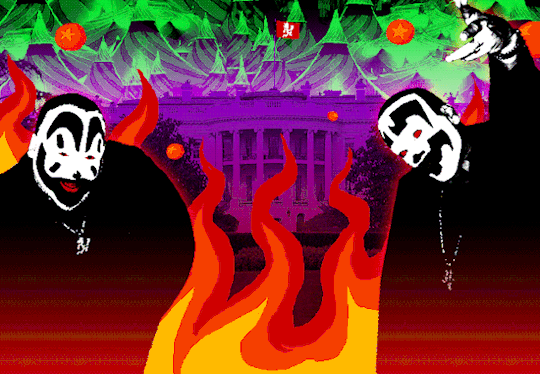

its time
21K notes
·
View notes
Text
Recently discovered this Renaissance musician John Dowland and am listening to people cover his songs... obsessed...
Can She Excuse My Wrongs by Farya Faraji
Flow My Tears by Musica Ficta
Go Crystal Tears by Emma-Lisa Roux
#john dowland#renaissance#music#renaissance music#renaissance poetry#history#music history#music recommendation#music recs#english renaissance#early modern era#early modern#early modern period#16th century#17th century
7 notes
·
View notes
Photo
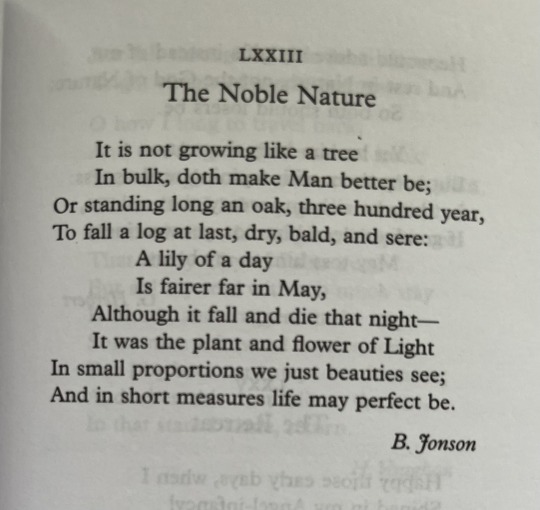
Ben Jonson, “The Noble Nature”, from The Golden Treasury of English Verse, ed. Francis Turner Palgrave (Macmillan Collector's Library reissue, 2018)
1 note
·
View note
Text
You are kissing my maids, drinking, or fast asleep.
Sir Alexander Wengrave to his servant Neatfoot, scene II of Thomas Dekker and Thomas Middleton's The Roaring Girl
#i know it's only been two scenes but i love wengrave#he literally responds 'your worship has given it us right' AAAAH!!!#my belov'd varlet#dekker#middleton#thomas dekker#thomas middleton#elizabethan theatre#jacobean literature#english renaissance
0 notes
Text

The English Bed (2023) by Guillermo Lorca
#The English Bed#2023#Guillermo Lorca#surrealism#contemporary art#Miss Cromwell#baroque#renaissance#cat#mlem
331 notes
·
View notes

